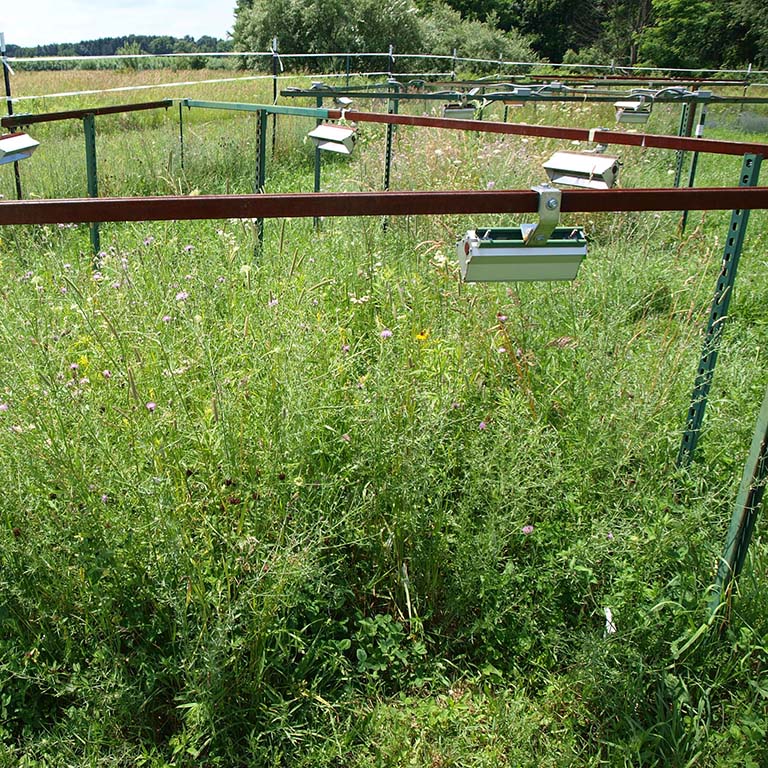As spring advances across the Midwest, a new study looking at blooming flowers suggests that non-native plants might outlast native plants in the region due to climate change.
The study—led by researchers at Indiana University's Environmental Resilience Institute, part of IU's Prepared for Environmental Change Grand Challenge initiative, and Michigan State University—has revealed that warming temperatures affect native and non-native flowering plants differently, which could change the look of local landscapes over time.
The study was published May 28 in the journal Ecology Letters.
"The timing of a plant's life cycle is crucial for species survival," said study co-author Jen Lau, an associate professor in the IU Bloomington College of Arts and Sciences' Department of Biology and a member of the Environmental Resilience Institute. "When a plant flowers determines whether it will be pollinated by bees or other insects and how much time it will have to produce seeds. Our data makes me worry that we will have a very weedy world in our future."
The researchers' findings suggest non-native plant species may be better at shifting their flowering time compared to native plant species. These differences are thought to influence a species' success both now and in future warmer environments.
To test this hypothesis, Lau and her students simulated global warming in fields planted with 45 native and non-native species. Some areas were warmed by infrared heaters, while other areas were not. Lau's lab surveyed all plants to determine when they first flowered and how long they flowered.


 The College of Arts
The College of Arts